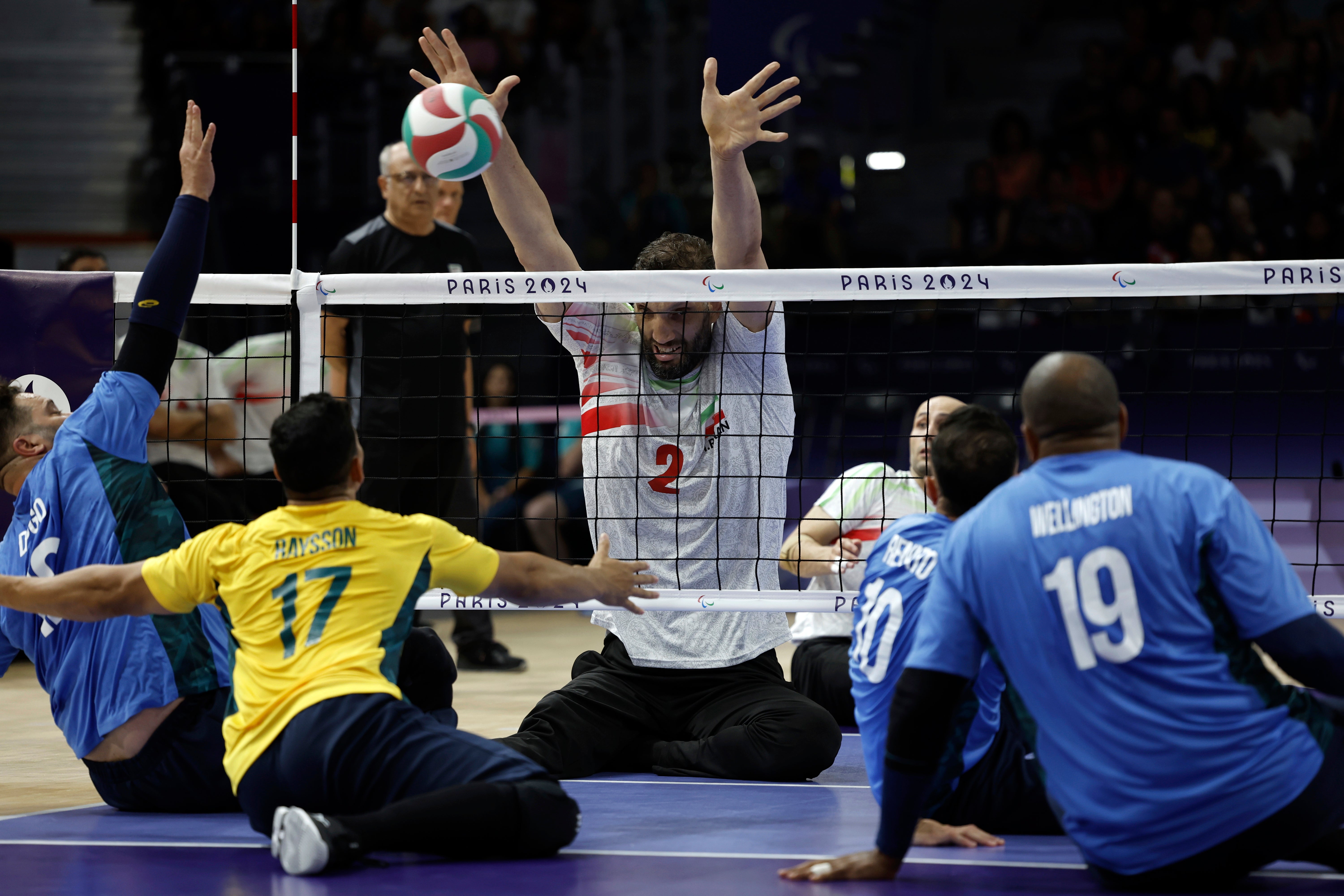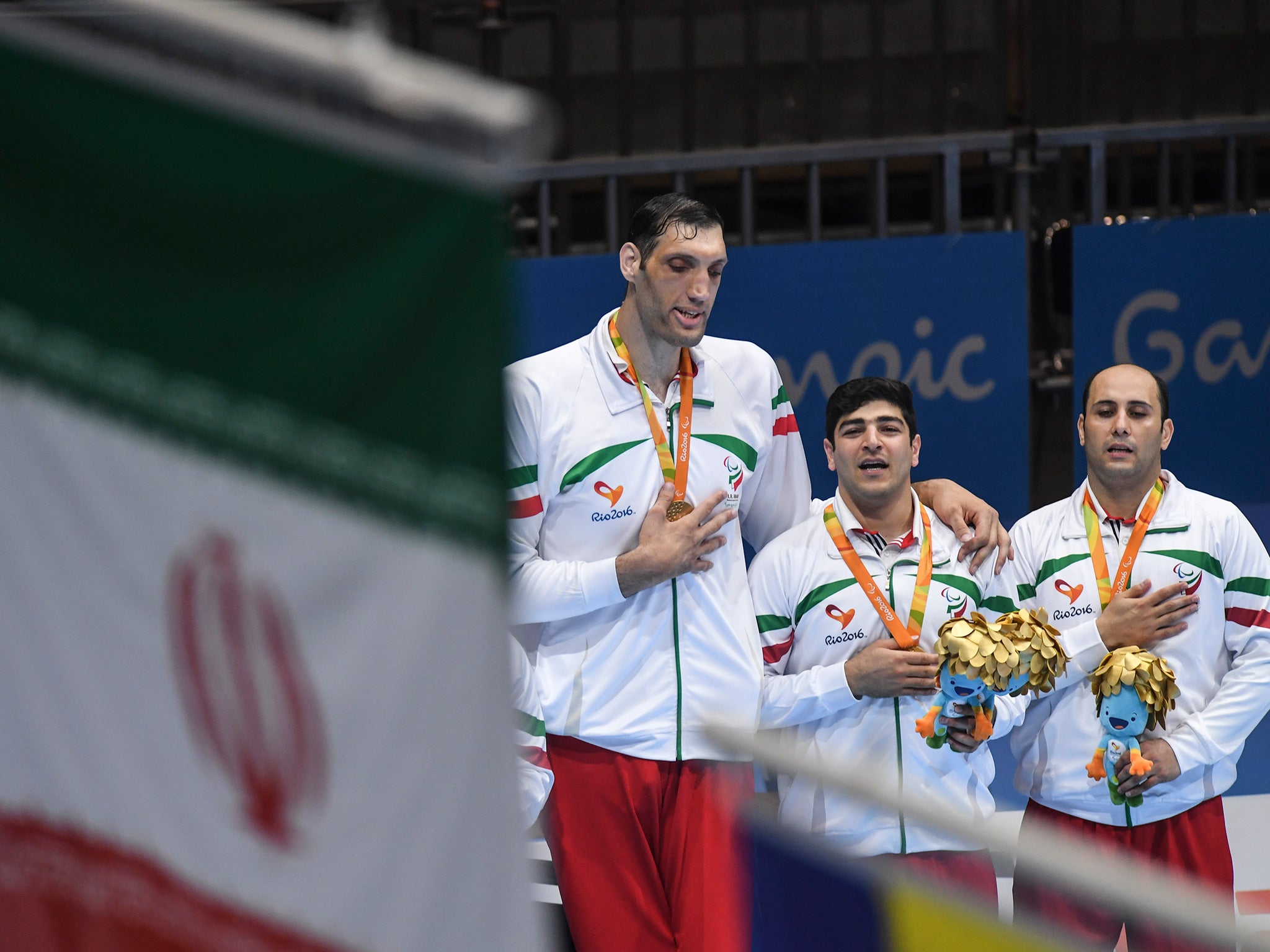This website uses cookies so that we can provide you with the best user experience possible. Cookie information is stored in your browser and performs functions such as recognising you when you return to our website and helping our team to understand which sections of the website you find most interesting and useful.
Support truly
independent journalism
Our mission is to deliver unbiased, fact-based reporting that holds power to account and exposes the truth.
Whether $5 or $50, every contribution counts.
Support us to deliver journalism without an agenda.

Louise Thomas
Editor
For the best part of a decade Morteza Mehrzadselakjani refused to leave his home in the Iranian city of Chalus on the Caspian Sea.
It was only in the protected sanctuary of his bedroom, with his books and his music, that he felt truly safe from the stares of locals and the cruellest of taunts from his peers.
“I was too ashamed, I thought I was freak,” he recalled.
Mehrzad, as he is known, had always been much taller than his school friends, due to a genetic condition known as acromegaly, which triggers excessive growth hormones.
He was cycling home from school aged 13 when he suffered a nasty fall, fracturing his pelvis, complications from which limited the growth of his right leg, which is six inches shorter than his left.
At 8ft 1in Mehrzad is the world’s second tallest man and now, arguably, Iran’s most famous sporting star, with the nickname ‘Fatal Weapon’.

Spiking balls from a sitting height of nearly six foot makes Mehrzad, 36, the ultimate impact player in the sport of sitting volleyball.
Played by teams of six on a court measuring just 10 metres by six, it’s fair to say Mehrzad is a looming and intimidating presence for rivals. When he shuffles from the bench, you can see worried glances being exchanged.
He has inspired Iran to gold medal wins at the last two Paralympic Games and they booked they place in the semi-finals today with a commanding group stage win over Germany, Egypt their upcoming rivals in the last four.
“I appreciate being called the best, but I’m not,” said Mehrzhad. “Each of us makes the best team in the world.”
Coach Hadi Rezaeigarkani was responsible for bringing Mehrzad into the Iranian team and loyally protects his painfully shy charge from the media interest at these Games, ushering him past reporters with eyes to the floor.
Three years ago in Tokyo, where Mehrzad was named player of the tournament, Japanese organisers made their guest a special bed in the athletes’ village. This time he is sleeping on the floor.
“He is a champion, he won’t be distracted from his ambitions by these sorts of minor things,” said Rezaeigarkani. “He has overcome much, where he sleeps is no problem.
“People will look at him but the first thing they’ll see is a champion. He is respected by the whole world because of his play. Sport has given him everything, it’s changed his life.”
It would be easy to think of Iran as a one-man team but the statistics don’t back that up. He’s a potent weapon but he is also used sparingly, spending plenty of time on the bench as Germany were brushed aside in straight sets.
Team-mate Hossein Golestani is the team’s leading scorer in Paris and refutes suggestions their seemingly inevitable run towards a third title is about one player.
“We are 12 players, our team is about all of us, not a single individual, we cannot win without the team,” he said.
“We all cooperated well and inspire each other to play our best. Each of us has one dream in common, to become champions in this Paralympic competition again. We don’t care who we play or what people say, we have only one ambition. That’s it.”
Back home Mehrzad’s matches are primetime affairs, dominating news and television coverage, in every way equal to the attention given to three Iranian golds at the recent Olympics.

Iran’s participation in Paris has been controversial. The country’s ban on women practising certain sports is contrary to the Olympic Charter, an undisputable fact but widely ignored. Two years ago, several athletes were executed during a crackdown on human rights protests that followed the death in custody of Mahsa Amini.
There is also the irony of watching a team of amputees compete for a country that routinely uses amputations as a punishment for those convicted of minor crimes. Just a few weeks ago a man lost four figures on his right hand in Qom Central Prison after being accused of stealing five sheep from a member of the Islamic Revolutionary Guard.
That is not Mehrzad’s fight and perhaps his involvement here shows those who call for bans and boycotts the other more human side of the story.
There are cliched words at every Games about the power of sport to change lives. In the case of the world’s second tallest man, they happen to be true.
Aldi are proud Official Partners of Team GB & ParalympicsGB, supporting all athletes through to Paris 2024.



 Africana55 Radio
Africana55 Radio 
